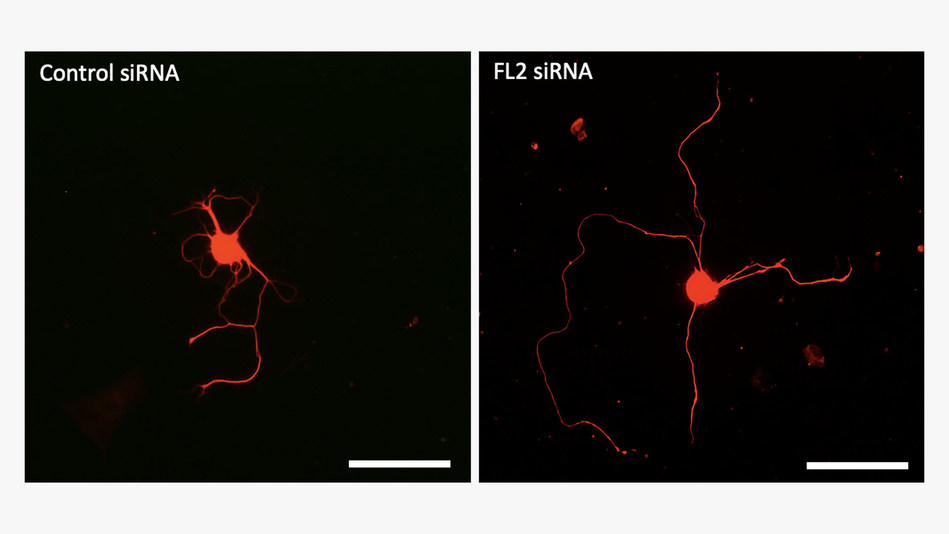
In my experience, erections usually begin to return as partial erections 3 to 6 months after surgery and then continue to improve for about 36 months after surgery, as the nerves recover from the trauma of surgery. Researchers at albert einstein college of medicine have developed a topical drug that regenerates and restores the function of erectile nerves damaged by radical prostatectomy, the most common treatment for localized prostate cancer.

Nerve regeneration is what i�m curious about.
Nerve regeneration after prostate surgery. This report discusses the many agents available in neuroregeneration and. It is important to remember that regaining erectile function takes time after radical robotic prostatectomy. Researchers have developed a topical drug that regenerates and restores the function of erectile nerves damaged by radical prostatectomy, the most common treatment for localized prostate cancer.
These images show neurons cultured in petri dishes and treated. Nerve regeneration after radical prostatectomy usually does take some time, assuming that both nerve bundles around the prostate were able to be preserved by the surgeon. A great deal of research has been devoted to exploring new methods of neuroprotection and nerve regeneration to save erectile function in patients with cnied, especially in patients with cavernous nerve injury after prostate cancer surgery.
This is just a problem you may already have. See how nerve renew can help. Novel drug regenerates erectile nerves damaged by prostate surgery.
This has nothing to do with the prostate, or prostate cancer, or surgery or radiation. “erectile dysfunction (ed) after radical. You can have an erection with just one bundle.
If they last longer, then the rate of nerve regrowth is about an inch a month or faster. This is what happens when scar tissue forms around a nerve after surgery. In my experience, erections usually begin to return as partial erections 3 to 6 months after surgery and then continue to improve for about 36 months after surgery, as the nerves recover from the trauma of surgery.
(ap 8/13/01) — salvaging a nerve from the ankle, surgeons have found they can rewire the penis so men achieve erections and have sex after operations to remove their cancerous prostate glands. Participants underwent rp for localized prostate cancer between 2004 and 2018. Nerve tissue can be easily damaged during robotic prostatectomy, regardless of the skill of the surgeon, and takes a long time to regenerate.
Novel drug regenerates erectile nerves damaged by prostate surgery. How long does it take for nerves to repair after surgery? The nerve regenerates at the rate of 1 inch per month.
Regarding climax after surgery, roughly 80% of men describe climax as being equally satisfying after surgery as before, 10% say that it is better and 10% say that it is less intense. As above, most episodes of nerve damage after surgery last for a few weeks to a few months. The drug was tested in rats, and the findings were published online today in jci insight.
Or order 3 month supply with $60 discount. Professor coombs, a microsurgeon at the royal children’s hospital and the department of surgery at the university of melbourne, and urologist mr david dangerfield, are at the forefront of establishing a new microsurgery procedure to restore potency to men who have had the erectile nerve connections to their penis damaged after having their prostate removed. Researchers at albert einstein college of medicine have developed a topical drug that regenerates and restores the function of erectile nerves damaged by radical prostatectomy, the most common treatment for localized prostate cancer.
These images show neurons cultured in petri dishes and treated with. In recognition of neuropathy as a likely basis for erectile dysfunction after. Patients with erectile dysfunction (ed) following radical prostatectomy (rp) continue to present to practicing urologists.
The nerve regenerates at the rate of 1 inch per month. Nerve injury can also lead to penile scarring. To determine if benign glandular tissue at the surgical margin (bgm) is associated with detectable prostate specific antigen (psa) and/or biochemical recurrence (bcr) after radical prostatectomy (rp).
Ad clinically proven to reduce nerve pain. This is because the nerves and arteries that control erections need time to recover and heal. Nerve regeneration is what i�m curious about.
The procedure for prostate removal is sometimes associated with nerve damage, which may cause incontinence and erectile dysfunction, thereby increasing the refusal of patients of prostate cancer to accept the surgery. The other two sets of nerves cannot be affected. When a man�s cancerous prostate gland is removed, the fragile cavernous nerve is often damaged when it is crushed or pulled during surgery.
In order to recover, the nerve must be repaired immediately through surgery. I almost bought a tens device to help with regeneration of nerves, but i read that those who have tried it for ed purposes have been disappointed. Fifth degree nerve injury is an injury that completely separates the nerve.
If the tumor has spread outside the prostate, there is a higher chance for tumor recurrence. Although the penile nerves may be preserved during a radical prostatectomy, a majority of men suffer from temporary nerve paralysis, which may last from months to years. Once the nerve is damaged, smooth muscle cells quickly.
Radical prostatectomy—surgery to remove the prostate gland—is considered the definitive treatment for localized prostate cancer. Regression analysis was used to identify demographic, clinical. Any incision can potentially damage your nerves, causing numbness or other nerve defects after surgery.
Current treatment of traumatic nerve injury consists of following the patients to see whether the affected nerve can spontaneously recover or if.